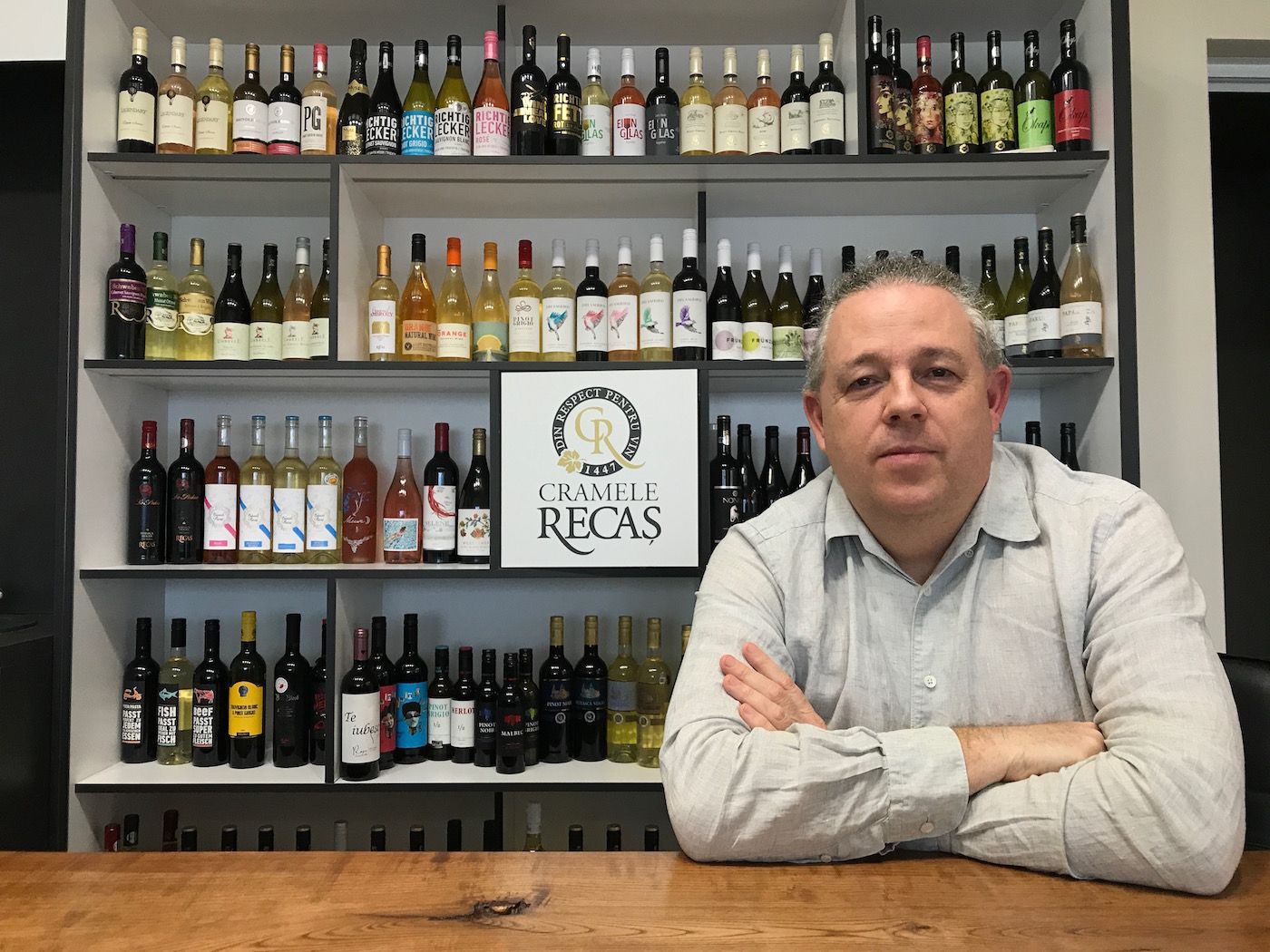The Covid-19 outbreak could be the grand reckoning for those wine businesses that have not diversified into different countries and sectors around the world says Cramele Recas’ Philip Cox.
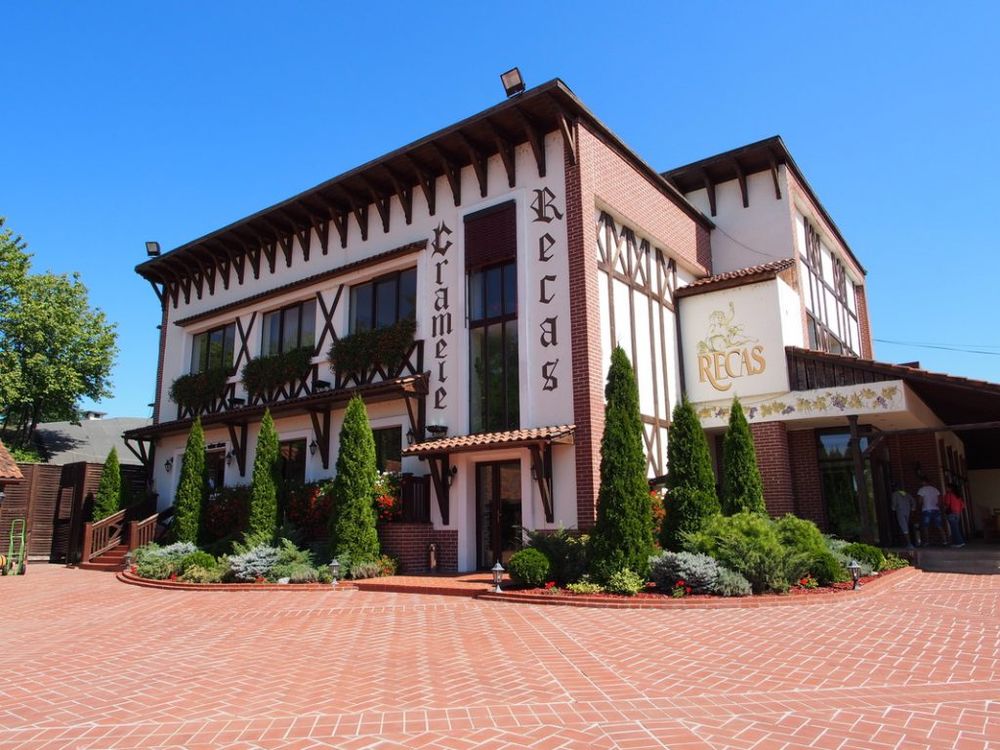
Cramele Recas is Romania’s largest exporter and on the front line of what business is like around the world
There are at the moment big problems with international logistics. Each country has adopted rather different sets of measures around how shut their borders are, and it’s causing huge confusion to border police and transporters alike, with massive tailbacks of 50-60 km on many of the borders between here and western Europe – (Hungary is particularly bad, as it is into Austria, the Czech Republic and Belgium amongst others).
There are problems in many areas including Romania about large numbers of truck drivers being put into isolation or quarantine – which is crippling transport by road, where there was already a systemic shortage of truck drivers. This is a big problem. Transporters can’t get the trucks back quickly which pushes up costs and many are near to bankruptcy as they depend on fast turnaround and keeping the trucks moving in order to make money and pay back loans.
Hopefully things will settle down as everyone gets used to the situation, but governments must make a clear priority of keeping freight traffic moving and legislate clear and separate policy for truck drivers as opposed to other kinds of traffic on borders. Otherwise there is a big risk that countries like the UK and Romania, which both rely heavily on imported food and other goods, will be in big trouble in a couple of weeks as stocks dwindle. People can do without wine but not without food, medicine etc.
What about vineyard workers?
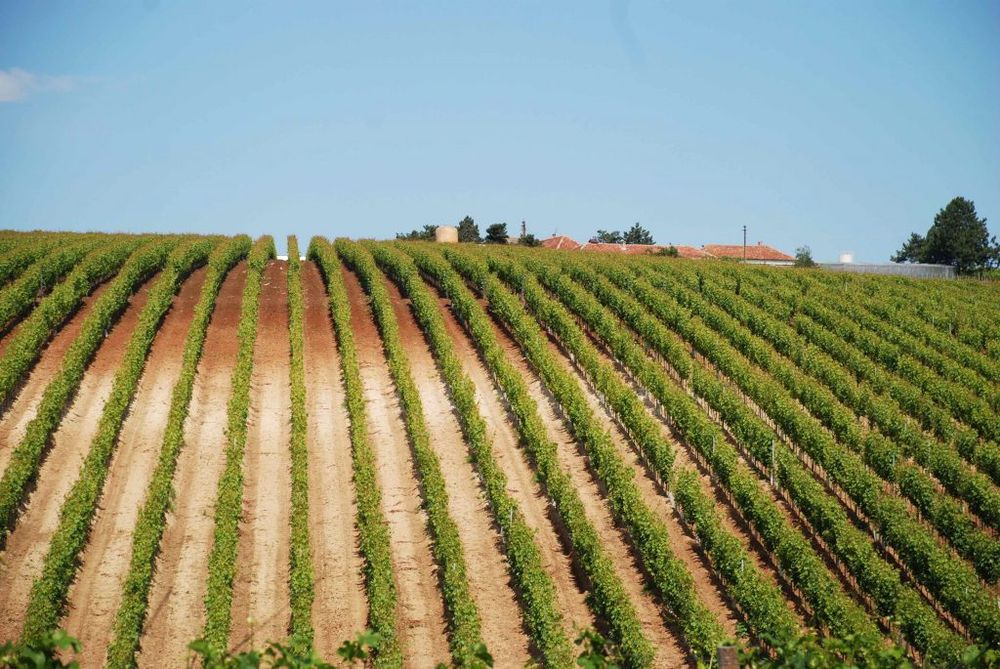
Cox is worried about being able to recruit and manage enough vineyard workers through the coming weeks and months to work on his vineyards
Another problem is with labour here in the industry, particularly manual vineyard workers, which again were already in a critical labour shortage over the last few years. The workers tend to come in teams from certain villages or regions, and if one of them is in quarantine, or isolation, then the whole team won’t want to come to work.
Also many of our workers go to western Europe to work in the winter and then come back here in the spring. But it is now very hard for people to get here from western Europe with most borders closed to passenger traffic. So many vineyard owners are extremely worried about getting enough labour to do the critical spring work in the vineyards which is happening right now.
In our main vineyard we are rather lucky in the sense that due to problems getting workers in previous years we brought 70 workers from Vietnam this year to work in our vineyard, and thankfully they came before this whole crisis got going. They are healthy and working – and unlikely to get infected as most Romanians see them as being Chinese and tend to stay away. Rather ironically the reverse is also true as the Vietnamese know that there are far more infected people here in Europe and Romania than in Vietnam right now, so they stay away from the Romanians.
Situation around the world
We don’t sell wine much in Spain or Italy, so their lockdowns has not directly affected us, but we are having troubles getting things that we buy from Italy, like equipment and technical support for the Italian wine equipment we already have here.
Commercially the situation is very different across the world as they move through the cycle of the disease. So, for example, Japan seems to be on the mend and has started buying more wine right now. I think thinks this is less to do with Covid-19 and more to do with us catching the wave of popularity for orange wine which which is most of what we sell in Japan.
Russia is doing well as it has not really started with Covid-19 yet.
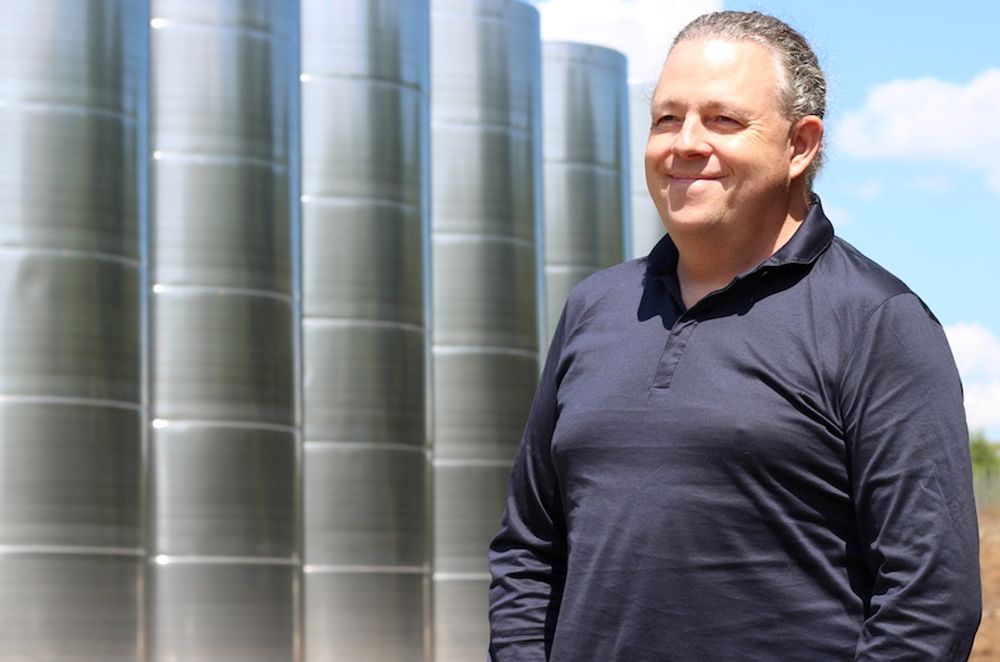
Philip Cox is thankful he has built up business in markets right around the world that will hopefully help him guide his business through the next few months
Germany seems to be also performing well for us, as is the Netherlands, and all countries where we have a high proportion of wines sold in supermarkets and discounters. It seems the abrupt halt of the on-trade is causing more people to buy wine from supermarkets, but it’s hard to say if that is permanent or just short term panic buying. Either way sales are up greatly this month in Germany and the Netherlands, which are two of our most important markets.
Exporting to the UK
In the UK the situation is mixed: supermarkets and particularly convenience stores seem to be doing very well, so our new Pinot Noir listing in the Co-op is going well and another new listing in Waitrose (Sorcova Pinot Noir and Sorcova Pinot Grigio) is being brought forward. On the other hand we are worried about our distributors that focus on the on-trade which has evidently ground to a halt and which will most likely create bankruptcy and severe payment issues.
The same is true in Romania where the government closed all restaurants and bars this week which is very bad for us and particularly our large premium wine business which is focused largely on the on-trade. Again we worry about distributor bankruptcy here too.
Tourism also is dead pretty much all over the world. We had to close our cellar door tastings and restaurant due to virus fears and lack of customers.
Long term impact
By and large it is a very worrying and difficult period which will, for sure, cause important losses for the medium term – at least several months – the impact of which is only just starting to be felt.
I don’t feel that its an existential problem for our company because we are lucky to have intentionally spread our business widely across many different markets, and product segments – all of which are going to go through various phases of bad times, but not all at the same time. So, at least, we will have some income coming in all the time and it’s not a catastrophic full stop to our work.
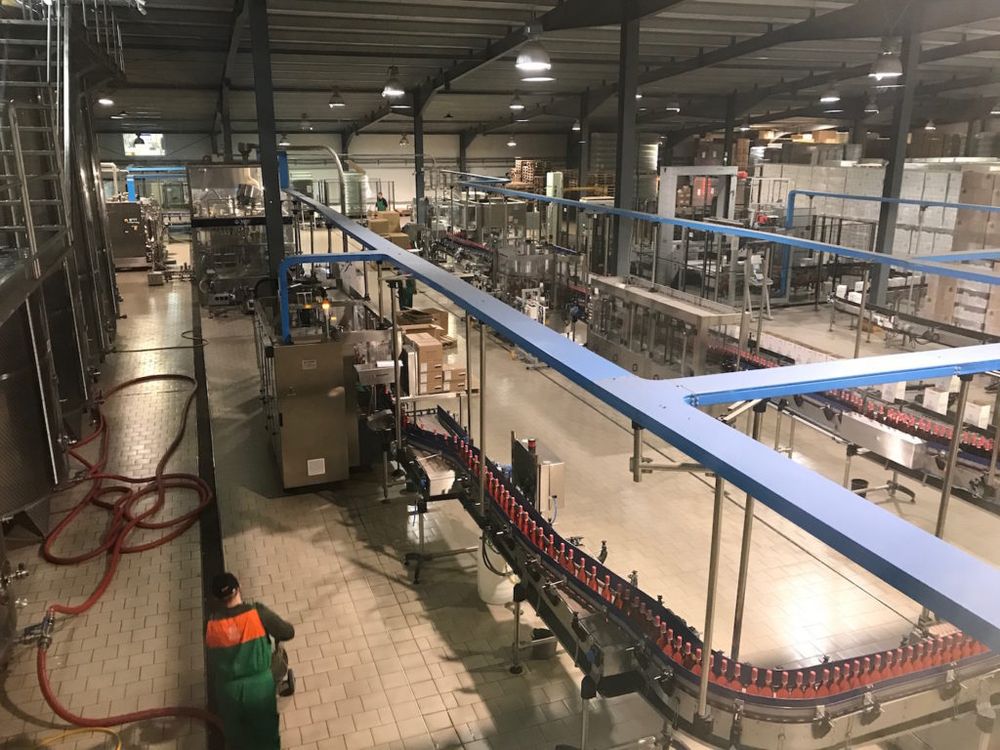
Cox is now thankful that after the Brexit referendum he switched his 70% reliance on the UK market to build up business in countries all over the world
I am optimistic that the supermarket business in all countries will keep going pretty much continuously and if we get past the current transport problems by adopting new solutions, like train etc, we will be OK.
It is possible and indeed likely that in the long term the wine market all around the world will be significantly changed after this crisis and personally I think that it will badly affect companies that were already on the brink and that were not efficiently run or not well thought through. Businesses that depend on a single market.
After things have run their course I think the wine industry will be left with mainly the strong and well run companies.
I was worried about Brexits costs – well this is 100 times worse and almost makes Brexit seem insignificant. Apart from the fact the virus will, in the end, be temporary (even if it lasts a year), whereas Brexit is permanent and as they are not even negotiating at the moment as M Barnier has the virus, it’s obviously going to be an even worse cock up than it was going to be anyway.
- If you would like to share your views about Covid-19 and how your business is working with and around the virus please contact Richard Siddle on richardsiddle@btopenworld.com.
